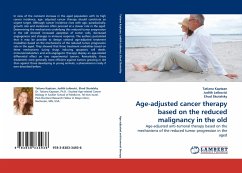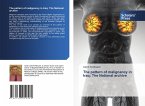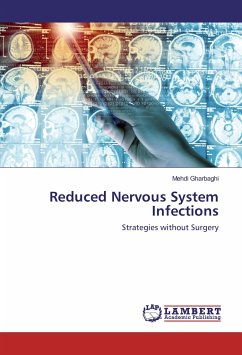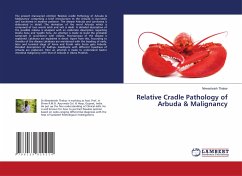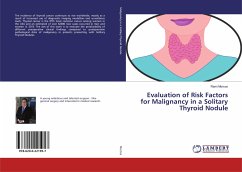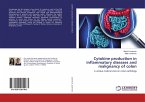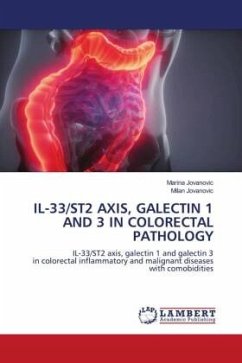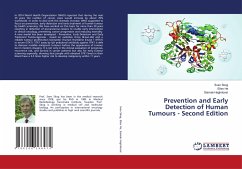In view of the constant increase in the aged population with its high cancer incidence, age- adjusted cancer therapy should constitute an urgent target. Although cancer incidence rises with age, paradoxically, growth rate and metastasis often proceed at a slower rate in the aged. Determining the mechanisms underlying this reduced tumor progression in the old showed increased apoptosis of tumor cells, decreased angiogenesis and changes in immune response. The authors postulated that it may be possible to design rational age-adjusted treatment modalities based on the mechanisms of the reduced tumor progression rate in the aged. They showed that three treatment modalities based on these mechanisms (using drugs inducing apoptotic cell death, immunomodulators and anti-angiogenic therapy) display an age-related differential effect on two experimental tumors. Remarkably, these treatments were generally more efficient against tumors growing in old than against those developing in young animals, a phenomenon rarely if ever described before.
Bitte wählen Sie Ihr Anliegen aus.
Rechnungen
Retourenschein anfordern
Bestellstatus
Storno

